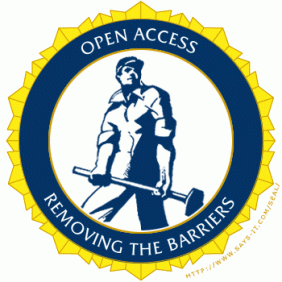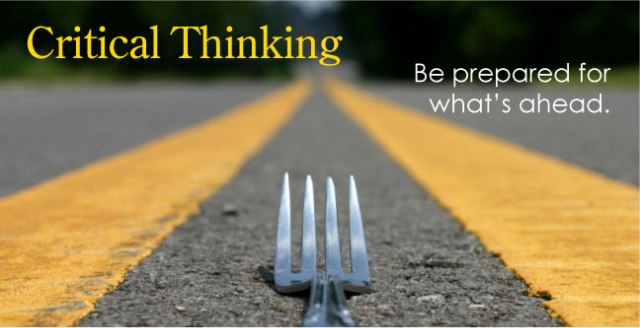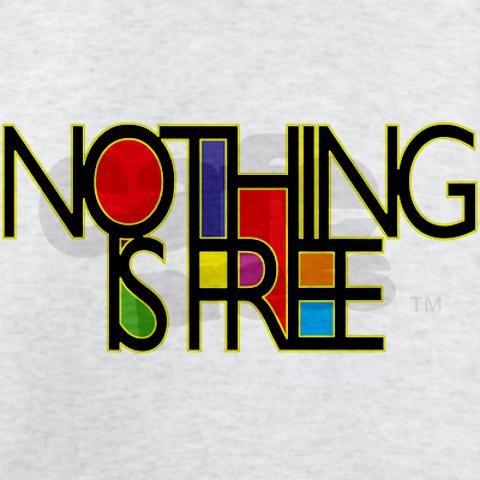Its great to see many of my colleagues having different views on this topic. It is a general consensus that students like us will mostly support open-access because it benefits us in learning by analyzing online research. However I strongly feel we should take a more neutral stand and look at the whole concept of open access through the interest of the content producer and reader before making a final stand.
In reference to Jasmine’s blog post, she mentioned the advantages and disadvantages of the open access concept with regards to the content producers. Something that I picked up was the interesting reference to the black market in china relating to research papers authoring. This can be seen here. She made me learnt further on the aspect of both side of the coin, She also pointed out a potential solution which I feel may be viable. The idea of generating revenue passively based on the amount of content shared may be a good one.
In reference to Yi Lin’s blog post, She mentioned the advantages of open access education for the underprivileged people and that they should be given education even if they cannot afford it. This can be seen here. I strongly agree with her that education should be given but at the end of the day, who is going to be paying for their education? Is it right to give them open access in expense of the content producer not getting an sustainable revenue? I feel that it goes both ways, if the under privileged is not paying for it. naturally either the government or the producers themselves will have to cover the cost. On the other hand, by paying and not getting a sustainable revenue from it, producers may just lose the motivation to even continue to create such content.
In reference to Yi Shin’s blog post, she too mentioned that the newspaper industry have to find a new revenue model as the old one is unsustainable due to the internet. However, she had a point which made me learnt something obvious, being a marketing student myself, the use of marketing tools like brand loyalty and customer-oriented relationship could help such industry in overcoming the readers dislike for a paywall content, it may be a viable way to help solve the problem.
To conclude, I still strongly believe that the ideology of “open access” is contextual upon the content that is built and that we should not force or assume that the open access concept is viable for all industries. This can be seen through my blog post.
Find my First Comment and Second Comment here.
References:
Image credited to: http://cdn1.theodysseyonline.com/files/2014/11/17/635518349599536573-911863937_reflection-in-the-mirror.jpg
Useful link: http://phys.org/news/2013-11-reveals-black-china-paper-authoring.html





